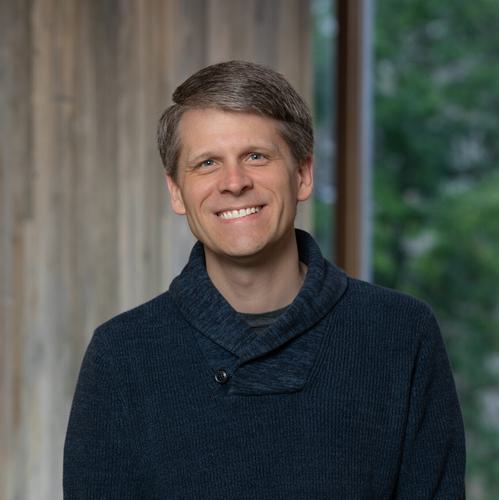
John Goss
Associate Professor of Biological Sciences
Cell biologist using fission yeast to study regulatory mechanisms of conserved, essential cellular processes.
My research focuses on the essential, yet poorly understood processes of where and when eukaryotic cells "know" how to divide - questions that are fundamental for single-celled organisms, such as the fission yeast Schizosaccharomyces pombe that we study in my lab, all the way up to complex multi-cellular organisms like humans. Errors in the spatial and temporal control of cell division can contribute to a host of diseases including cancer and developmental or neurodegenerative disorders. Remarkably, many of the signalling pathways and regulatory mechanisms are highly conserved amongst eukaryotes, so we can gain a wealth of insight into these basic cellular processes by studying a simpler model organism like fission yeast. I am particularly interested in the control of cell division by a collection of proteins that comprise "node" structures which serve as cellular signaling hubs in the medial cortex of the cell during interphase and early mitosis. Using a combination of live cell microscopy, genetics, molecular biology, and biochemistry my lab aims to identify and characterize the components that make up these signaling nodes and gain a better understanding of how they regulate cell division.
I teach at all levels of the curriculum with a focus on cellular and molecular biology. I teach lecture and laboratory sections of (BISC110) Introductory Cellular and Molecular Biology and (BISC220) Cellular Physiology. I recently designed an upper-level seminar course (BISC335 - Cellular and Molecular Mechanisms of Disease) that explores the underlying cellular and molecular mechanisms of a variety of human diseases and how our understanding of cell and molecular biology shapes the treatment of those diseases. Regardless of the course or material I believe that science should be engaging and interactive, so you can expect to get up (literally) and be involved in my classes.
Outside of my teaching and research interests, I am also very interested in how students learn science and effective methods of scientific teaching. I was trained in the evidence-based method of scientific teaching at the Center for Scientific Teaching at Yale University, and enjoy engaging in conversations about innovative pedagogy and classroom approaches.
A native southerner, I have gradually adapted to life in the northeast after over a decade in New England. I live in Wellesley with my wife, daughter (10), and son (6). We enjoy going for walks around campus, fishing in Lake Waban, and tending to our vegetable garden in the summer.
Education
- B.S., Rhodes College
- M.Phil, Yale University
- Ph.D., Yale University